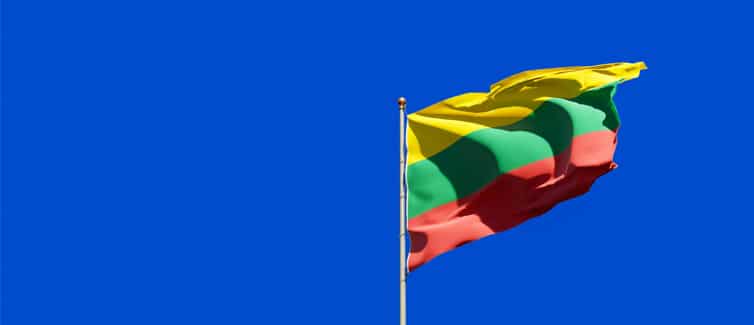

Lithuania, nestled in the heart of Europe, is increasingly becoming a sought-after destination for international students. Known for its rich history, diverse culture, and academic excellence, Lithuania offers a unique blend of traditional and modern educational environments. With universities that are recognised globally for their research and innovation, Lithuania would be a good choice for students looking to pursue their studies in an environment that fosters intellectual growth.
International students from outside the EU/EEA and Switzerland will generally need to secure a visa to study in Lithuania. The type of visa required depends on the duration of the study program. For courses shorter than 90 days, a Schengen C visa is necessary, while for programs extending beyond 90 days, a National D visa is applicable.
The process begins with gaining admission to a Lithuanian university. Upon acceptance, students must demonstrate financial stability to cover tuition fees and living expenses. The Lithuanian government estimates the cost of living for students to be around €5,000 per annum, which serves as a benchmark for financial preparedness.
Following this, applicants should proceed to submit their visa application through the Lithuanian Migration Department’s website or at the nearest Lithuanian embassy or consulate. The application must include:
The fee for a National D visa application is currently set at €120. It is advisable to apply well in advance of the intended travel date, as processing times can vary based on various factors, including the applicant’s country of origin.
Upon arriving in Lithuania, students may need to register with the local migration office, particularly if the study period exceeds 90 days. This registration is a separate process from the visa application and may involve an additional fee.
Lithuania offers opportunities for international students to engage in part-time employment during their studies. Students with a valid Lithuanian National D visa are allowed to work up to 20 hours per week during the academic term and full-time during vacations. This provision enables students to gain practical work experience, enhance their language skills, and manage their personal expenses more effectively.
After completing their studies, graduates have the option to apply for a temporary residence permit, allowing them to remain in Lithuania for up to 12 months to seek employment or start a business. This period provides a valuable window for students to transition from academic life to professional engagements within Lithuania, further enriching their international experience.
For further information about student visas, see our International Student Visas article.
See all universities in Lithuania.
Study in LithuaniaJoin the StudyLink email list and never miss a chance to turn your study abroad dreams into reality!

Read our key advice article to help you make the best decision for your education and start your International study adventure.

In this article we look at how to approach choosing where in the world you would like to study.

Read StudyLink's suggestions on your first steps when deciding where to study abroad, with helpful tips to make your decision easier.

Find out more about English language tests, your options and what is required as an overseas student.

StudyLink.com take a detailed look into the costs of studying abroad and all the aspects that you should budget for when embarking on your studies.

We answer 10 common questions about applying for a student visa to help make your visa application quick and easy.

Find out more about international student visas for studying abroad, as well as how, where and when to apply for yours.

Find out more about funding and scholarships for international students, and what financial assistance might be available to you.

How to choose a course that fits you? Check our top tips on choosing which course is best for you to help you make an informed decision.
The latest articles from study abroad providers and StudyLink.com to hep you on your study abroad journey.